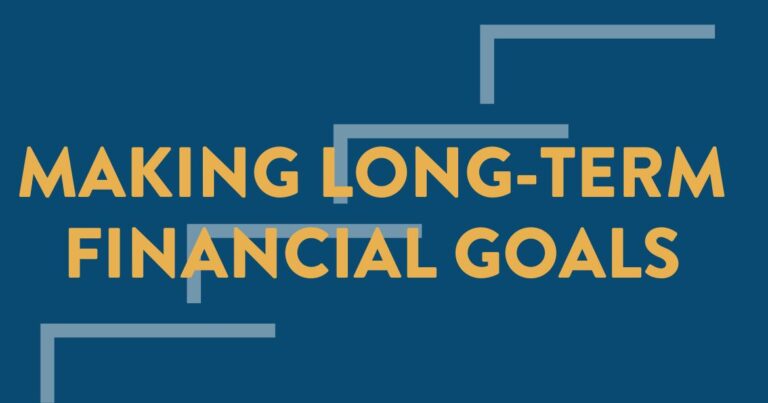Did you know that November 3rd is National Cliché Day? No? Me either. But you know what they say, you learn something new every day.
I overestimated how hard it would be to write without using a cliché unintentionally. Now that I’ve called attention to it, you can bet your bottom dollar they will be peppered through this blog.
As a financial advisor, I wondered if any of the old, familiar money clichés held any real financial wisdom. Let’s have a little look and approach a couple of them from this perspective, shall we?
Bet On the Wrong Horse
The heart of this saying is that someone based their plans on a wrong prediction, like betting on a losing horse at the races.
In investing, we have our own cliché for this called chasing the hot dot where the dot is a stock that seems to be performing especially well. Concentrating all your resources into one investment rarely pays big in the long term, no matter how lucrative it seems.
Horse races are a fun pastime, but even there, we tend to spread our money across several races. I mean, we want to even our odds, right? If you bet it all on the first race and lose, then it’s game over! Literally.
The same is true in investing. Diversifying your assets into different asset classes can help even the odds in your portfolio. After all, investing can be complicated and overwhelming with all the options out there. So how can you diversify?
If you’re contributing to your employer plan at work, the chances are high that you are invested in one or more mutual funds within your plan. A mutual fund uses money from a pool of investors and invests that capital into several different types of securities like stocks, bonds, money market accounts, and mortgage-backed securities, all for instance. Not only does this provide an investor with diversification and potential tax advantages, but it is a less expensive way of investing because if you were to buy each of those securities individually, it would cost a pretty penny. With a mutual fund, you get a better bang for your buck.
Time is Money
This old phrase is profound when you think of it from a financial advisor’s viewpoint because as the saying suggests, time is a valuable resource. This is especially true when it comes to investing one’s money. The longer your money is invested in the market, the longer you allow the power of compound interest to work for you. And compound interest just may be the most important part of dollar-cost averaging. To help me explain, let’s look at that same employer plan from before.
How often do you contribute to your plan at work? Most of us contribute with each paycheck. And what happens with that money inside our plan? It gets systematically invested buying more shares of the investment regardless of the price each time we contribute. The price could be down which means we buy more shares this week than we did last week when the price was higher. And that, friends, is a very good thing. Know why?
Here’s the big secret…it doesn’t matter so much what the stock price is with dollar-cost averaging because the goal is to buy more shares. We want all the shares we can get our hands on so, it’s a good thing when the price is lower (and we can buy more… it’s like a sale!).
Our time is money cliché comes into play when we allow the shares we’ve collected…well, time. By doing so we reduce the impact of market volatility that can happen when we try to time the markets. When the asset appreciates and pays a dividend, we reinvest the dividend and buy even more shares. This is how compound interest can start to work for an individual investor. As the investor makes systematic purchases and systematically reinvests the dividends, it becomes interest upon interest where the benefit can be that a penny saved is a penny earned quite literally!
The opinions voiced in this material are for general information only and are not intended to provide specific advice or recommendations for any individual.




